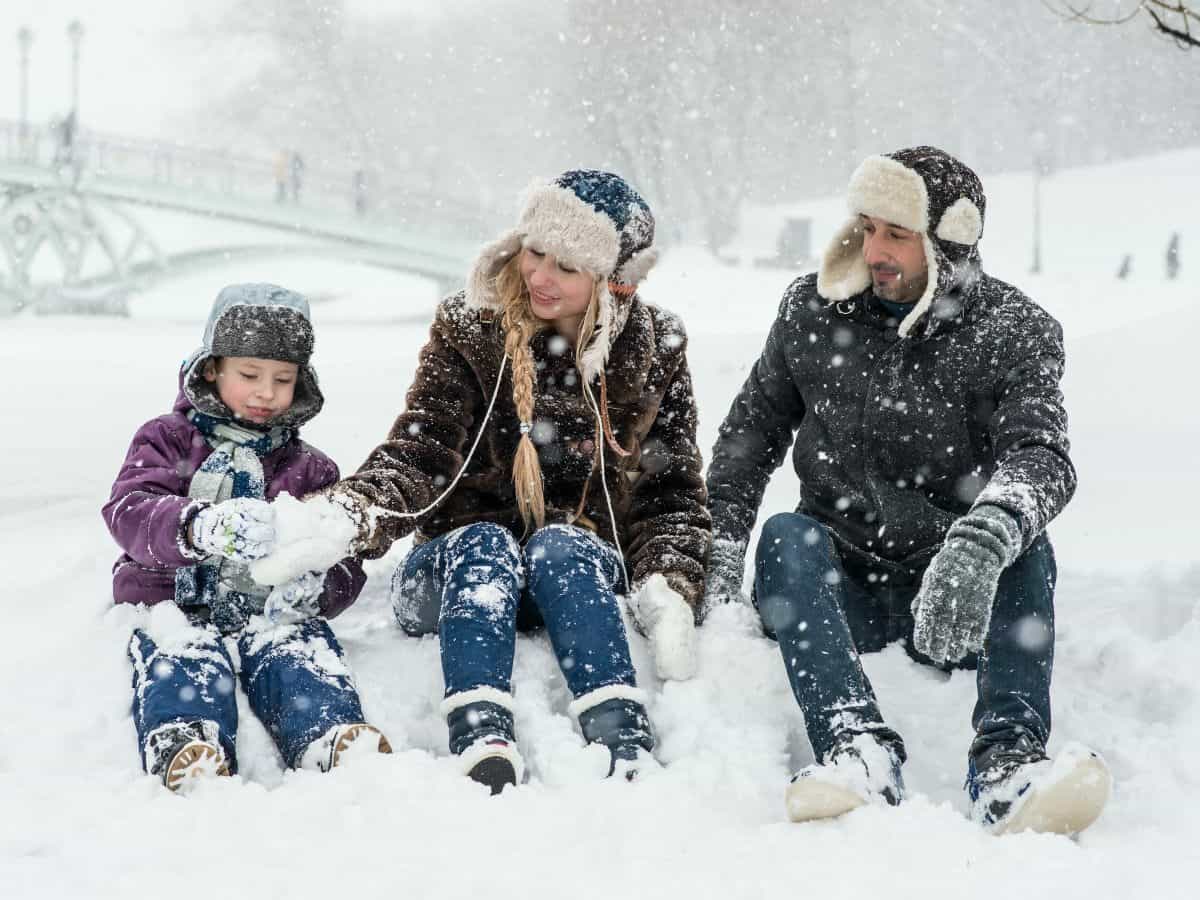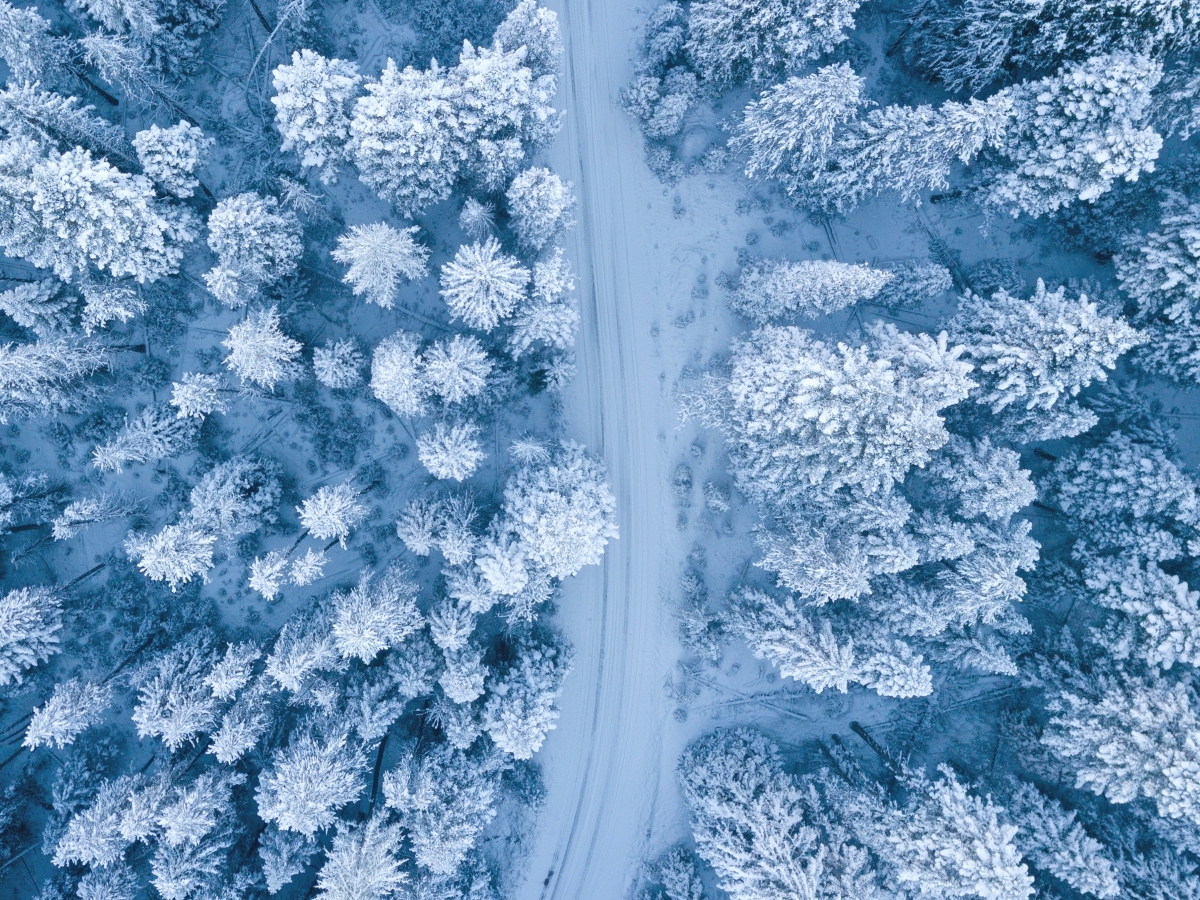You know it’s winter when leaves are falling; it’s getting colder each day, and days are getting shorter. While winter is a time of year that many people enjoy, it’s also a time when accidents and injuries tend to happen more often. That’s why it’s essential to know some winter safety tips that will keep you and your family safe throughout the season.
In this blog post, we’ll share some of our top winter safety tips to help you make it through the season unscathed. So whether you’re sledding, driving, skiing, or just taking a walk in the park, follow these tips to stay safe all winter long.
Top Seven Winter Safety Tips
It’s essential to be aware of the increased risks of cold weather. From slips and falls to car accidents, there are a variety of hazards to watch out for. Here are some winter safety tips to help you stay safe all season long.
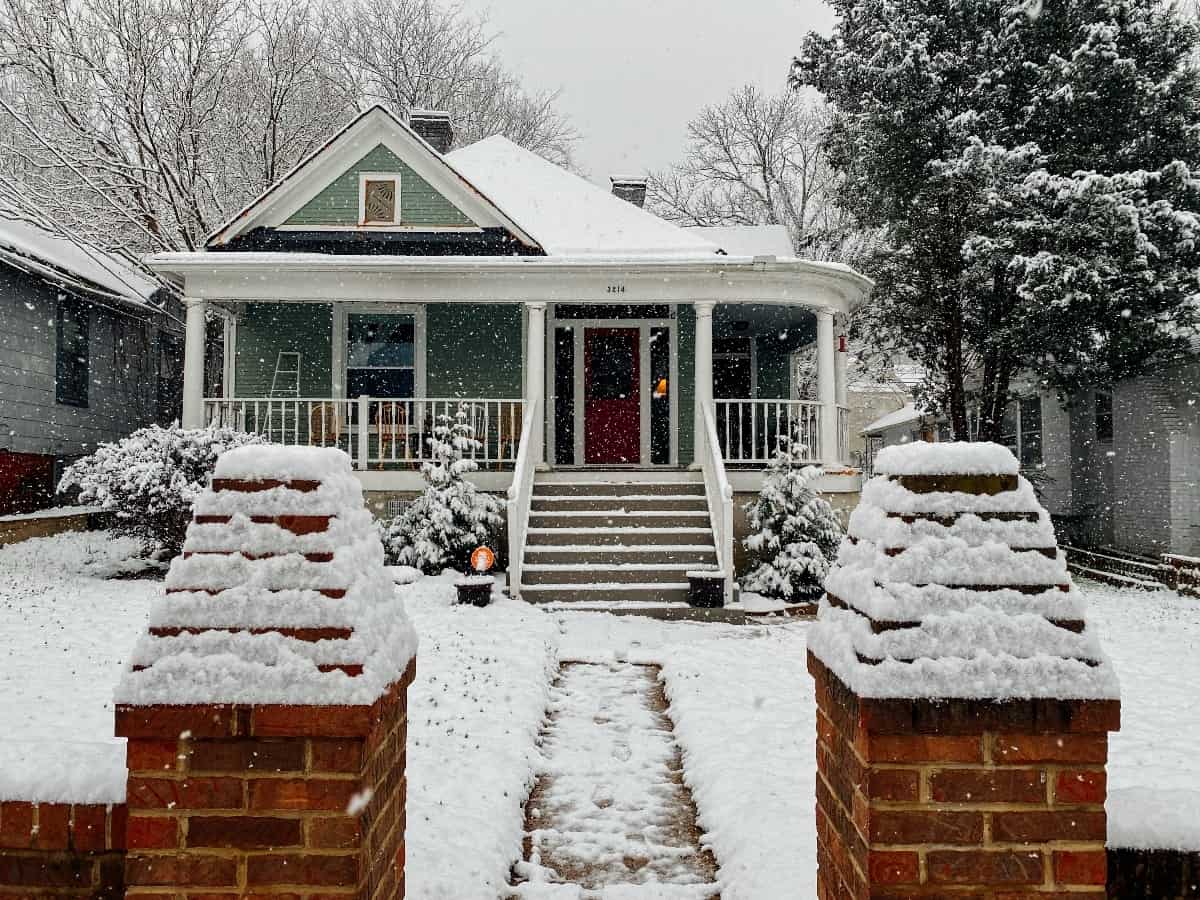
Winterize Your Home
No one wants to deal with the hassle (and expense) of frozen pipes or a heating bill that’s through the roof. A few simple steps to winterize your home can help avoid all that, allowing you and your family to stay cozy. Here are five ways to winterize your home and stay warm and safe this season.
Get Your Heating System Checked
According to the National Fire Protection Association (NFPA), heating equipment is among the causes of fires in Americans’ homes. So before the cold weather hits, it’s a good idea to get your furnace, or other heating system serviced. This will help ensure that it’s running efficiently and doesn’t require any repairs.
Insulate Your Home
One of the best ways to keep your home warm in the winter is to make sure it’s well-insulated to keep it warm. Check your home for any drafty areas and seal them with caulking or weatherstripping. You can also add thick curtains to your windows.
Check and Clean Chimneys and Fireplaces
According to a 2021 NFPA report, fireplaces or chimneys contributed to 9% of deaths and 5% of injuries between 2014 and 2018. Creosote buildup in chimneys, especially during winter when you use your fireplace, often increases the fire risk. Therefore, it’s crucial to have the chimney cleaned and inspected before using it for the season.
Clean the Gutters
Clogged gutters can cause all sorts of problems in the winter, including frozen pipes, structural damage, and ice dams. So, clean out all debris, sticks, leaves, and dirt from your gutters to prevent any issues.
Protect the Pipes
If the temperature in your home drops below freezing, your pipes are at risk of bursting. You can insulate your pipes with pipe sleeves or wrapping to avoid this. You can also leave your faucets slightly open so that water can continue to flow and prevent your pipes from freezing.
Check Carbon Monoxide and Smoke Detectors
According to the Centers for Disease Control and Prevention (CDC), people use heating systems for long hours due to low temperatures during winter. This can easily cause carbon monoxide (CO) poisoning, especially when sleeping, leading to death. It’s crucial to check your carbon monoxide and smoke detectors to keep your family safe in case of a fire or gas leak.
Stock up on Winter Supplies
We know how the weather can be unpredictable during the winter. Snow, sleet, and ice can make the roads slippery, meaning you might spend most of your time indoors.
To avoid finding yourself stuck on the roads, ensure you have enough food, water, and other supplies to last you in an emergency. Besides stocking the basics, having a winter emergency kit is also a good idea.
The kit includes supplies such as flashlights, batteries, a first aid kit, warm clothing, and a shovel.
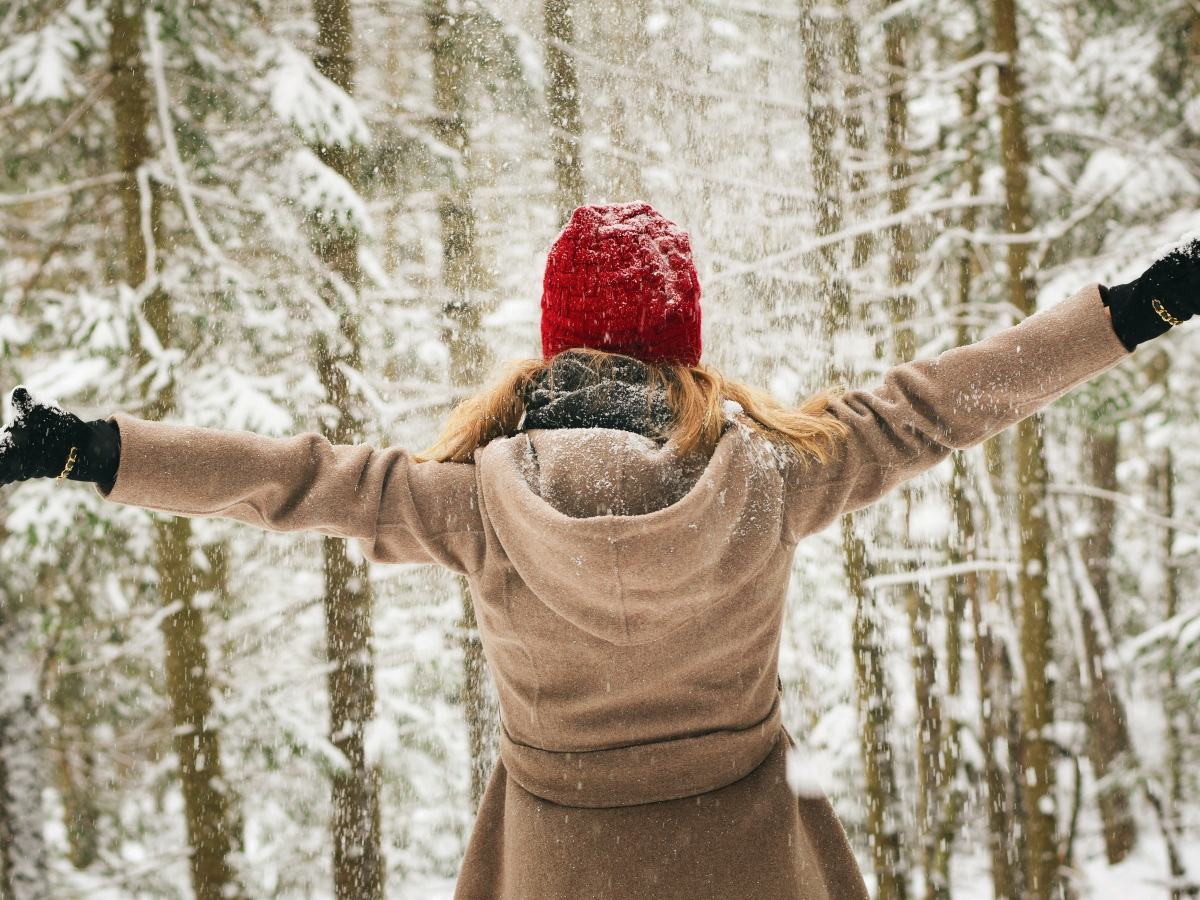
Dress for the Weather
This one seems obvious, but it’s worth saying. First, always check the weather forecast before you head out for the day. This will give you an idea of what to expect and help you plan accordingly.
Suppose it’s going to be a cold day, dress in layers. Layers will help you stay warm, and you can easily remove them if you get too hot. Ensure to cover your extremities, including your ears, nose, and fingers, especially when you’re involved with winter sports. A hat and gloves are crucial as they will help protect you from the cold. Furthermore, have a good pair of boots to keep your feet dry and warm.
Check on Your Neighbors
Cold weather takes a toll on some people, especially the elderly. Accidents such as falls can also happen. The elderly, sick, and those with young children are especially vulnerable in the winter. Check on them every so often to ensure they’re doing okay.
Watch Out For Ice
Ice is one of the top causes of winter injuries caused by slips and falls. So be careful when walking on frozen ponds or paths. Ensure that you do your outdoor tasks slowly and have the right shoes to prevent slipping.
In addition, avoid spending too much time on ice. Snowball fights and other cold weather activities, no matter how enjoyable they may be, can cause health problems, especially for those who have chronic diseases.
Remember to Workout
Winter can take away your motivation to work out. It’s cold, and you may not feel like braving the elements to run or hit the gym. But working out during the winter has plenty of benefits, from improving your mood to boosting your cardiovascular and immune systems.
Exercising will also boost your overall health, which will help you fight problems like colds, flu, and other respiratory conditions. If the weather is too extreme for outdoor exercise, you can spare a little space in your home to work out. Otherwise, do some stretching every day to prevent injury due to muscle contraction and tightening.
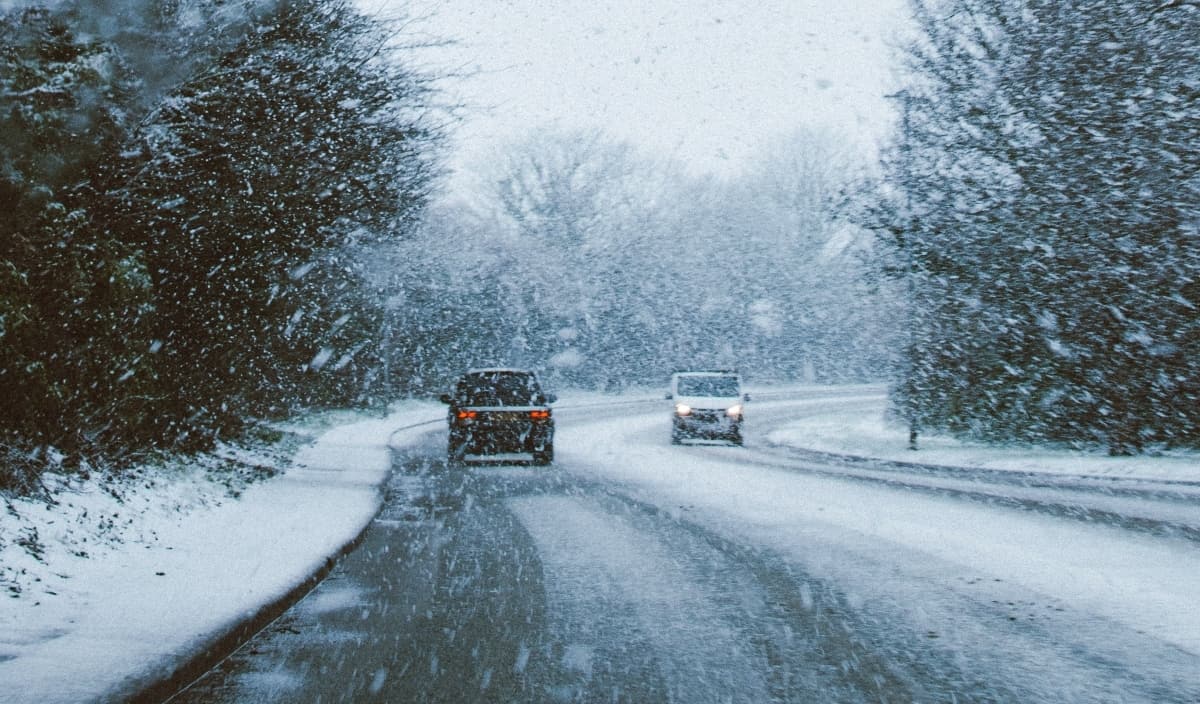
Drive Safely
Winter weather can be treacherous, so be careful while driving. Service your car to ensure it is in good condition. This means having proper tires, good windshield wipers, and enough windshield washer fluid. Always keep your gas tank at least half full to avoid getting stranded in the cold.
When driving on ice, take it slow and be extra careful. Brake gradually and leave yourself plenty of time to stop. And be on the lookout for ice and snow buildup on the roads. If you can, avoid driving during winter storms. But if you must go out, drive slowly and carefully, and be prepared for the worst.
Here are a few winter safety tips to help you winterize your car!
Get Winter Wiper Blades
Winter weather can be tough on your wipers, so it’s a good idea to get winter wipers. Standard wipers can freeze on the hinges and thus accumulate ice. The rubber on the blade is specifically for extreme conditions.
Check Coolant/Antifreeze Levels
Coolant fluid is crucial since it protects your vehicle from freezing during the winter, preventing engine failure. Check your antifreeze levels and ensure to top them up if necessary. Make sure that your radiator is also in good working order.
Get Winter Tires
Snow and ice can make driving conditions very challenging. Confirm your tires are in good condition and have plenty of treads. The best option is to use winter tires, also known as snow tires. The tread pattern of winter tires is specifically made to combat ice and snow. They are optimized for temperatures below 45 °F (7 °C)
Check Your Battery
Cold weather can be hard on batteries as they can lose their charge quickly. A 2021 study on Electric Vehicles (EV) batteries shows that cold temperatures reduce an electric car’s estimated range. Cold temperatures can also cause your car to break down often, especially if its battery is approaching its shell life. That’s why checking whether yours is in good condition is crucial. You can check the electrolyte level and ensure the terminals are clean.
Lubricate Window Tracks and Door Locks
Ensure you lubricate your car’s window tracks and door locks. This will help to prevent them from freezing up in the cold weather and getting stuck. You can use a silicone spray or a dry Teflon spray for this.
Have a Car Emergency Winter Kit
A car emergency winter kit is crucial for every driver. This should include a shovel, windshield scraper, jumper cables, a flashlight, an ice scraper, a tire chain, a first-aid kit, a bag of sand or kitty litter (for traction), and blankets. You may also include a bag of snacks and some water. And if you have a roadside assistance plan, now is the time to dig it out and put it in your glove compartment.
Review Your Car Insurance Policy
According to statistics, each year, car accidents result in roughly 900 deaths and 76,000 injuries. When was the last time you took a close look at your car insurance policy? If it’s been a while, it’s time to review it. You’ll want to check a few things, especially since your place gets a lot of snow and ice in the winter.
Due to the high number of accidents that happen during the winter, ensure you have a comprehensive insurance policy. One, check to see if your policy covers towing. If you get stranded in a snowbank, you’ll want to know that your insurance will cover the cost of a tow truck.
Second, see if your policy covers rental cars if your vehicle is in the garage. For repairs, you’ll need a way to get around.
